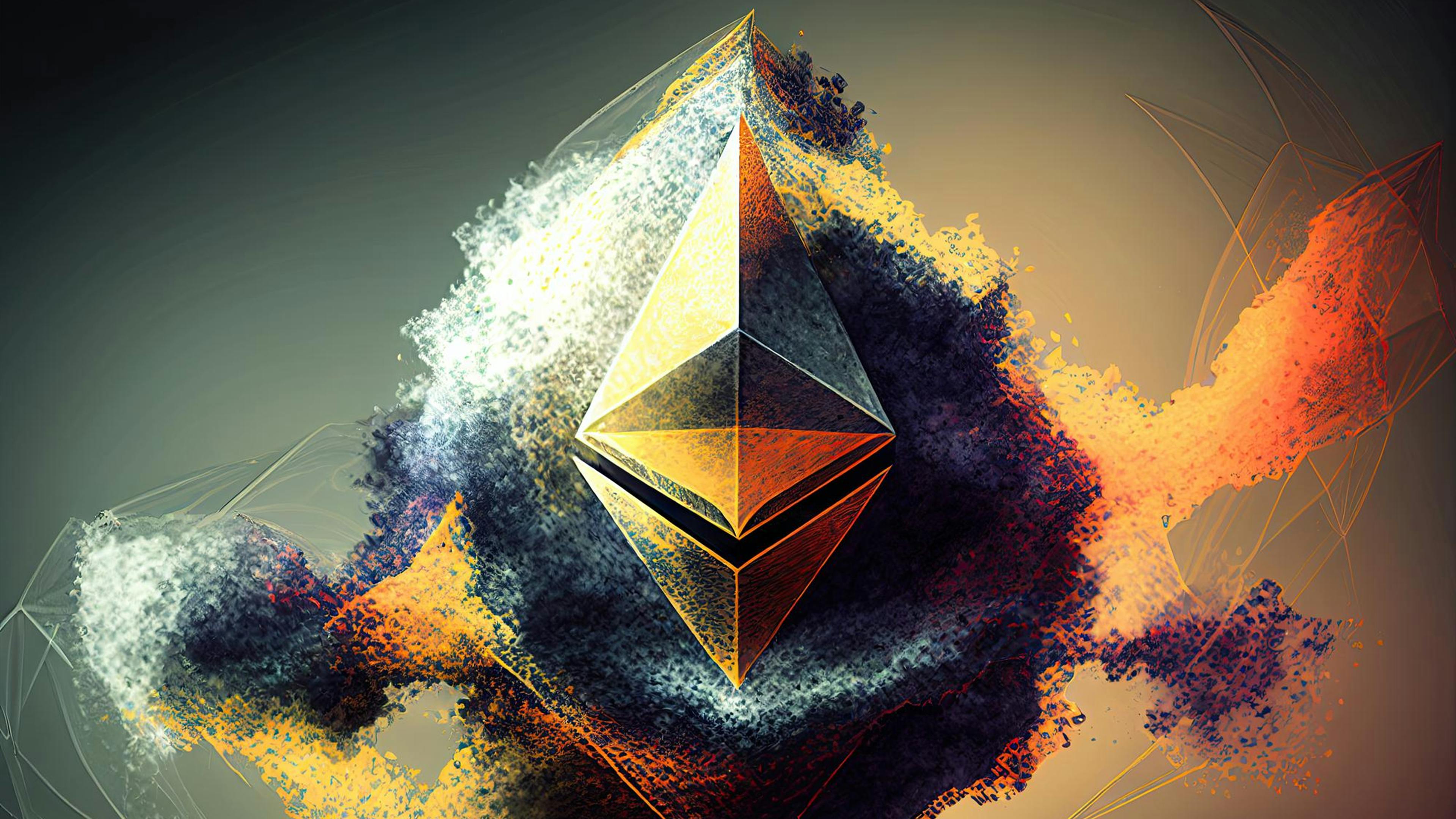Ethereum Upgrade, Dencun, Goes Live in March: Why Is It Important?

- Date
- 26/02/2024
- Written by
- Lykke
- Share
- Leave your opinion (1 reviews)
Ether’s Dencun upgrade will go live in mid-March. But why is this upgrade so important for the Ethereum blockchain?
The Dencun upgrade is actually composed of two major upgrades scheduled to occur simultaneously. The first upgrade, known as Deneb, will be deployed on Ethereum’s consensus layer 1 (L1). This is a base blockchain that provides a secure and decentralized foundation. L1 blockchains power thousands of decentralized applications known as dApps. These can be viewed as a decentralized version of Apple’s app store, offering gaming protocols, digital artworks, stablecoins or even tokenization of financial assets.
The second upgrade, referred to as Cancun, will be deployed on Ethereum’s execution layer 2 (L2) blockchain. L2 protocols run with smart contracts on a L1 blockchain. They offer scalability and cost-effectiveness. The L2 scaling solution Polygon, for example, runs on Ethereum’s L2, as do Arbitrum and Optimism.
“Currently, Ethereum’s performance is hindered by its slow transaction speed, low throughput [data processing], and high costs for users. With average transaction fees of $2.3 as of February 22nd, Ethereum is significantly more expensive versus alternatives like Solana,” Grayscale Research writes in its report “Ethereum’s Coming of Age: ‘Dencun’ and ETH 2.0.”
Users set to profit from Dencun
The Dencun upgrade will make the data processing on the Ethereum blockchain far more resource efficient – faster. Transaction fees (or gas fees as they also are known) are likely to be slashed as a result, making the Ethereum blockchain cheaper for its users. Security measures will also be enhanced as a series of existing bugs will be fixed.
“The Dencun upgrade is around the corner, which will lower the transaction costs for Layer 2's by 90%, making it accessible to be the settlement layer that we all wish it was,” the founder and CEO of MN Trading, Michaël van de Poppe said.
This matters as Ethereum hosts much of the activity of decentralized finance (DeFi). “DeFi applications built on Ethereum have historically ranged between 8% and 50% of Ethereum’s market cap. They currently stand at about 25%, the US hedge fund Pantera Capital said.
Uniswap, the largest DeFi application running on the Ethereum blockchain, is currently valued at roughly $6.4 billion.
Developers & the broader Ethereum ecosystem will also profit
Developers using the Ethereum blockchain will also benefit, as Proto-Danksharding will be introduced. Proto-Danksharding is temporary storage space that L2 rollups are able to use to optimize transaction output, data storage and block space. This should in turn benefit L2 rollups such as Polygon, Base and Arbitrum. It will improve the network’s scalability and is set to significantly reduce congestion on the network.
Ethereum’s Dencun upgrade “represents a major step forward and could help Ethereum compete in terms of scalability with faster chains in the smart contract platforms crypto sector” versus other players such as Solana, Grayscale Research writes.
The Dencun upgrade will not only benefit Ethereum users and developers. It will also enhance the overall Ethereum ecosystem. With scalability and security issues, and high gas fees being addressed, the upgrade opens the ecosystem to both new and broader user cases. This may well attract new investors to the Ethereum community.
In short, the Ethereum blockchain’s transaction fees will be slashed and its security and scalability improved.
Risks linked to Dencun
As always, there are linked to an upgrade and the deployment of Dencun is not an exception. For instance, it may be difficult to integrate the new data storage enhancements, and compatibility issues with existing smart contracts may arise. This is why there has been extensive testing ongoing on Ethereum’s Holesky testnet since early February.
The actual deployment of Dencun on Ethereum’s mainnet is scheduled for March 13. It is the first major upgrade on the Ethereum blockchain since Shapella, an upgrade that was successfully implemented in April 2023. That upgrade focused on enabling the withdrawal of staked Ethereums.
Summary
Dencun upgrade for Ethereum in mid-March includes Deneb on layer 1 and Cancun on layer 2. It aims to boost speed, reduce costs, and fix bugs, benefiting users and developers. Lower transaction fees make Ethereum more competitive, potentially attracting new users and investors.